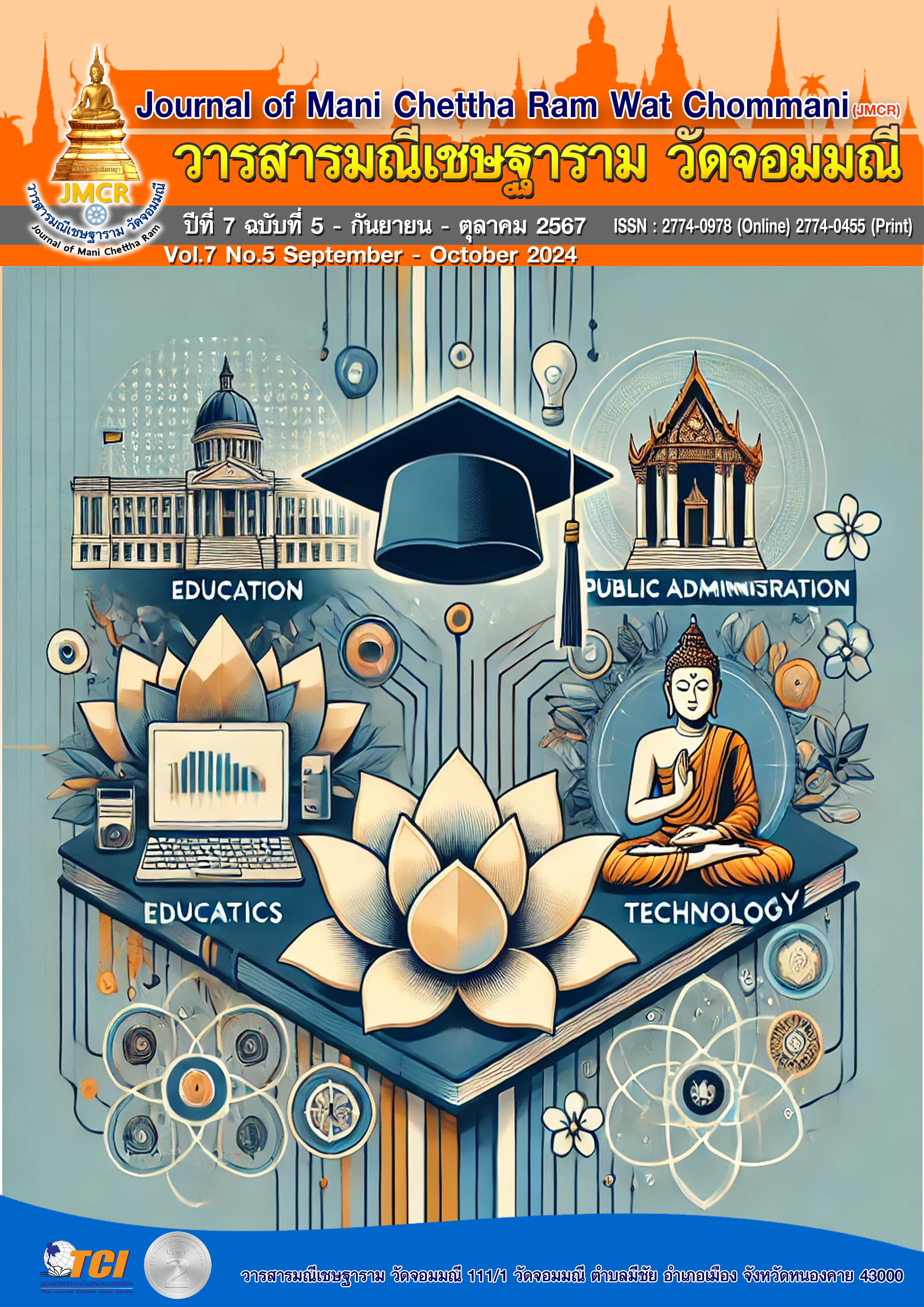ANALYSIS OF CLASSICAL MUSIC PROMOTION MODELS
คำสำคัญ:
Promotion Models, Classical Musicบทคัดย่อ
This study aims to explore how to cultivate music students' listening and appreciation habits for classical music through structured experimental interventions. The research employs a methodology that involves organizing regular listening and appreciation activities, designed to enhance students' interest in classical music. The primary research instruments include a series of curated listening sessions, surveys to assess changes in students' attitudes and habits, and observational analysis during the interventions. Sound level collection is a crucial concept in music theory, emphasizing the organization of scales and intervals to form the overall structure of a musical composition. Classical music, with its deep cultural and historical roots, remains a cornerstone of musical art. However, its prominence has been increasingly challenged by the rise of diverse music genres such as pop and electronic music. The attitudes and listening habits of music majors play a vital role in the preservation and continued development of classical music. Data analysis was conducted by comparing pre- and post-intervention survey results and observational data, revealing significant improvements in students' engagement and appreciation of classical music.
The findings suggest that these experimental interventions effectively foster positive listening habits among music students, contributing to the preservation and promotion of classical music in a contemporary context.
เอกสารอ้างอิง
Dewey, J. (1896). The reflex arc concept in psychology. Psychological Review, 142.
James. (2013). Principles of psychology (Tang Yue, Trans.). Beijing: Peking University Press. (Original work published 1890). pp. 235.
James. (2013). Principles of psychology (Tang Yue, Trans.). Beijing: Peking University Press. (Original work published 1890). pp. 237.
Wang, W. (2022). The impact of creative promotion of classical music on classical music education. Art Evaluation, 12.
Zhou, H. (2004). Music and its expressive world. Central Conservatory of Music Press. pp. 213-214.
Zhou, H. (2004). The world of music and its expression. Central Conservatory of Music Press. pp. 213-214.




